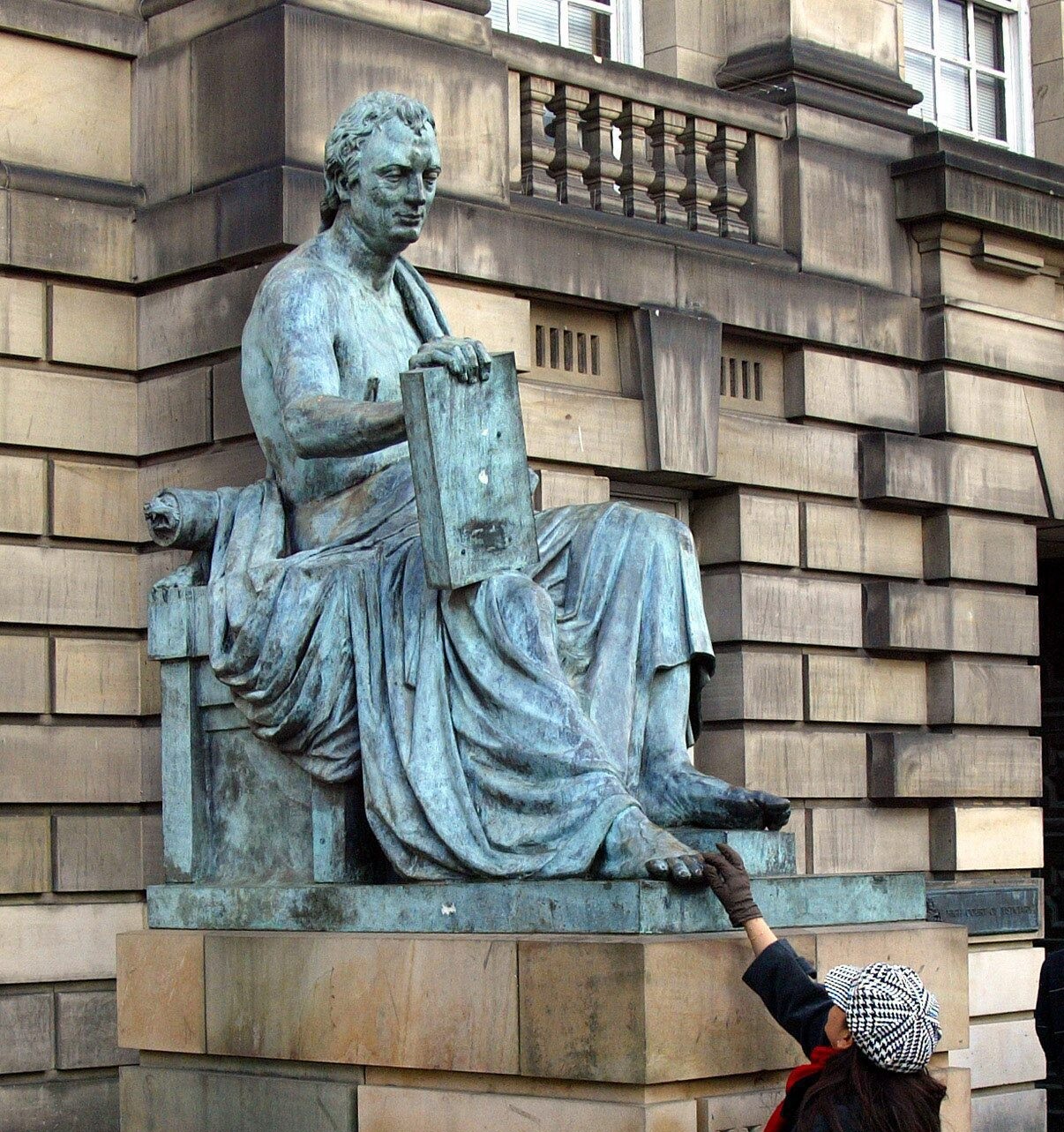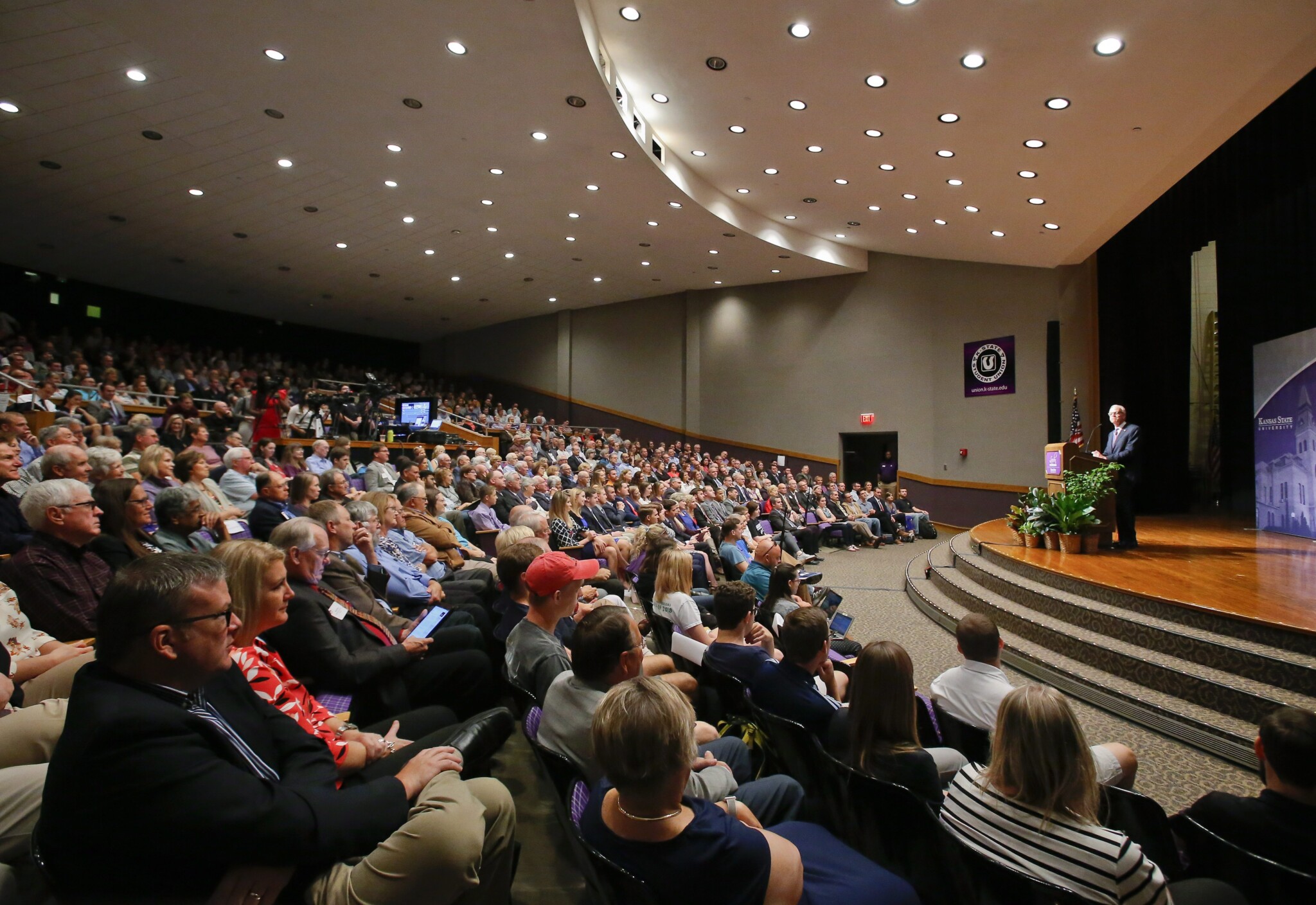A 2023 Fraser Institute poll found that 50 percent of Canadians between the ages of 18 and 34 believe that socialism is the ideal economic system for Canada. Among those in the same age cohort, 54 percent believe that socialism, if implemented in Canada, would benefit the country’s economy and the well-being of its residents; 39 percent think capitalism would pose the same benefits.
Those are not particularly surprising statistics for some. It has been widely known that progressive ideologies have dominated the discourse in Canadian education. So, it is not too shocking that Canada’s young people are for far-left economic systems and against capitalism.
As young people develop their belief systems and values through education, they ought to engage with ideas contrary to those that their professors may possess, like appreciation for the free market and private enterprise. Turning students into sheep is not how critical thinking is fostered or how social progress ought to be made. We need open and respectful discourse to do those things.
Professors and educators who foreground Karl Marx or Freidrich Engels while overlooking or demonizing Adam Smith, David Hume, and other important thinkers who built the foundation of Western society as we know it today, are doing their students a disservice. The Institute for Liberal Studies (ILS) believes there is such a gap in students’ present-day education, and it is intent on filling it.
Over the last ten years, ILS, an educational charity dedicated to enabling the discussion of classical liberal ideas in Canada, has run Freedom Week. In this five-day-long event, about 50 undergraduate and postgraduate students from around Canada and the world come together to learn about, discuss, and test classical liberal ideas in areas like economics, philosophy, politics, law, and public policy at no cost to them.
Freedom Week hosts top classical liberal professors who give lectures to the students, answer questions, and facilitate discussion groups. They might also stick around for pub nights and discuss Orwell’s 1984 with the student attendees over a pint or two.
I had the opportunity to attend this year’s Freedom Week, held at McGill University in Montreal, as part of my Summer Fellowship at ILS. Over the course of the event, the other attendees and I learned about and conversed on issues like political polarization, drug policy, free market environmentalism, the efficacy of constitutions, and the meaning of modern liberalism.
What made those conversations so interesting was that not all of the attendees were classical liberals. There were conservatives, progressives, and otherwise. This meant lots of healthy disagreement, open discourse, and beliefs being stress-tested—exactly the type of activity one would expect universities to foster.

An unidentified woman touches the toe of the bronze statue of Scottish philosopher David Hume in Edinburgh, Scotland, Feb. 6, 2007. Martin Cleaver/AP Photo.
As I have written in The Hub before, it is too often that the dominant ideology in education overwhelms discourse and forces students not to engage honestly because their views differ from the status quo. With 88 percent of Canadian professors self-identifying as left-wing, the prevailing ideology at our universities undoubtedly reflects their leanings.
At the crux of Freedom Week was the emphasis on being a space for all students—liberal or conservative, libertarian, or progressive—to meaningfully engage with the classical liberal ideas that Western society has benefitted from, like the rule of law, the free market, private ownership, representative democracy, freedoms of expression, assembly, and religion, and the equality of all people regardless of their race, culture, or socioeconomic standing.
It is dangerous when any institution is captured by a single dominant ideology—doubly so when those institutions are responsible for training up the next generation of leaders. Canada needs events like Freedom Week so that our young people can respectfully and honestly discuss salient issues without pressure from their classmates and professors to conform to the dominant ideology. How else are we going to problem-solve our way out of the biggest issues facing our society today?
Whether you’re a progressive professor or a committed conservative student, we should all welcome a little more intellectual diversity in our discourse and a lot more freedom in our society.









